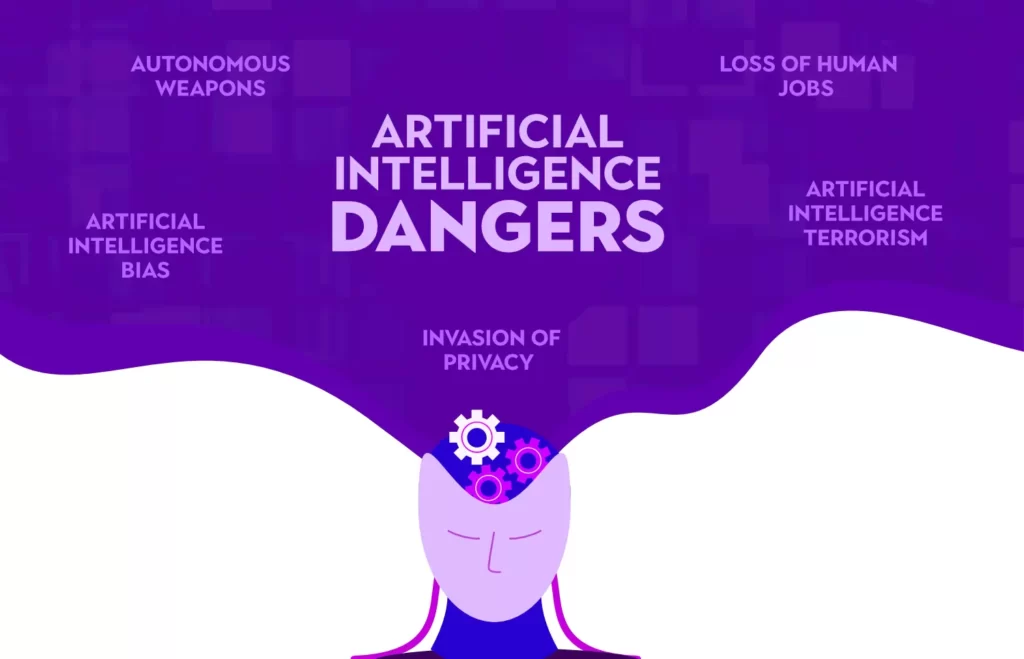
The Future of Artificial Intelligence: Unveiling Tomorrow’s Possibilities
Artificial Intelligence (AI) has emerged as one of the most transformative and revolutionary technologies of our time. It has already made significant inroads into various industries, from healthcare to finance and manufacturing, and has the potential to reshape our world in unprecedented ways. This article explores the future of artificial intelligence, delving into its expected developments, implications, and the ethical considerations that will shape its path forward.
I. Advancements in AI Research and Technology
A. Deep Learning and Neural Networks
One of the fundamental areas of AI development is deep learning, particularly neural networks. As research in this domain continues to progress, we can anticipate more sophisticated models that better mimic the human brain. These models will enhance natural language processing, image recognition, and problem-solving capabilities.
B. Quantum Computing and AI
Quantum computing holds the promise of revolutionizing AI. Quantum algorithms can potentially solve complex problems that classical computers struggle with, enabling AI systems to perform more complex tasks and process data at unimaginable speeds.
C. Explainable AI
Explainable AI is vital for building trust in AI systems. The future will see increased focus on making AI systems transparent and interpretable. This will allow users to understand how AI decisions are made and ensure accountability.
D. Edge AI
The proliferation of edge devices, such as smartphones and IoT devices, will drive the development of AI at the edge. This means AI will be increasingly processed locally on devices, reducing latency and improving privacy.
II. AI in Healthcare
A. Personalized Medicine
AI will play a pivotal role in the development of personalized medicine. Machine learning algorithms will analyze an individual’s genetic makeup, lifestyle, and medical history to recommend tailored treatment options.
B. Early Disease Detection
AI-powered diagnostic tools will become more accurate and accessible, allowing for the early detection of diseases like cancer and diabetes, potentially saving countless lives.
III. AI in Transportation
A. Autonomous Vehicles
Self-driving cars are set to become a common sight on our roads. AI will enable vehicles to navigate safely, reduce traffic accidents, and optimize transportation systems.
B. Smart Cities
AI will be instrumental in transforming urban landscapes into smart cities. It will manage traffic flow, optimize energy consumption, and enhance public safety.
IV. AI in Finance
A. Predictive Analytics
AI-driven predictive analytics will continue to reshape the financial industry. Banks and investment firms will use AI to make more informed decisions, identify potential risks, and optimize investment strategies.
B. Fraud Detection
AI will significantly improve fraud detection systems, preventing financial crimes and protecting the interests of both financial institutions and customers.
V. Ethical Considerations
A. Bias and Fairness
Addressing bias in AI algorithms will be a top priority. Ensuring fairness in AI decision-making is crucial to avoid perpetuating existing social inequalities.
B. Privacy
AI’s growing presence raises concerns about data privacy. Stricter regulations and technologies to safeguard personal data will become essential.
C. Employment
The future of AI will require a proactive approach to workforce planning. Governments, companies, and educational institutions must prepare for the impact of automation on employment.
VI. AI and Creativity
A. AI-Generated Art
AI-driven creativity, from art to music and literature, will expand the horizons of human expression. Artists and creators will collaborate with AI to produce novel and captivating works.
B. Content Generation
AI will revolutionize content creation by automating tasks like writing, video production, and design, making it easier for businesses to produce high-quality content at scale.
VII. Challenges and Roadblocks
A. Technical Limitations
While AI holds immense promise, it still faces limitations in terms of understanding context, common sense reasoning, and handling unforeseen situations.
B. Ethical Dilemmas
AI presents complex ethical challenges, including the potential misuse of technology, job displacement, and the impact on society’s values.
C. Regulation
As AI becomes more prevalent, governments and international bodies will need to establish regulations to ensure responsible development and use.
VIII. The Collaborative Future
AI’s future lies in collaboration between humans and machines. By embracing AI as a tool that augments our capabilities rather than replacing us, we can harness its potential for the betterment of society.
In conclusion, the future of artificial intelligence is incredibly promising. The ongoing advancements in AI research and technology, its diverse applications across industries, and the evolving ethical landscape are all contributing to a future where AI plays a central role in our daily lives. However, to ensure a positive and responsible AI future, it is essential that we address the technical, ethical, and regulatory challenges that lie ahead. Only through careful consideration and collaboration can we fully unlock the potential of artificial intelligence while safeguarding our shared values and interests.


